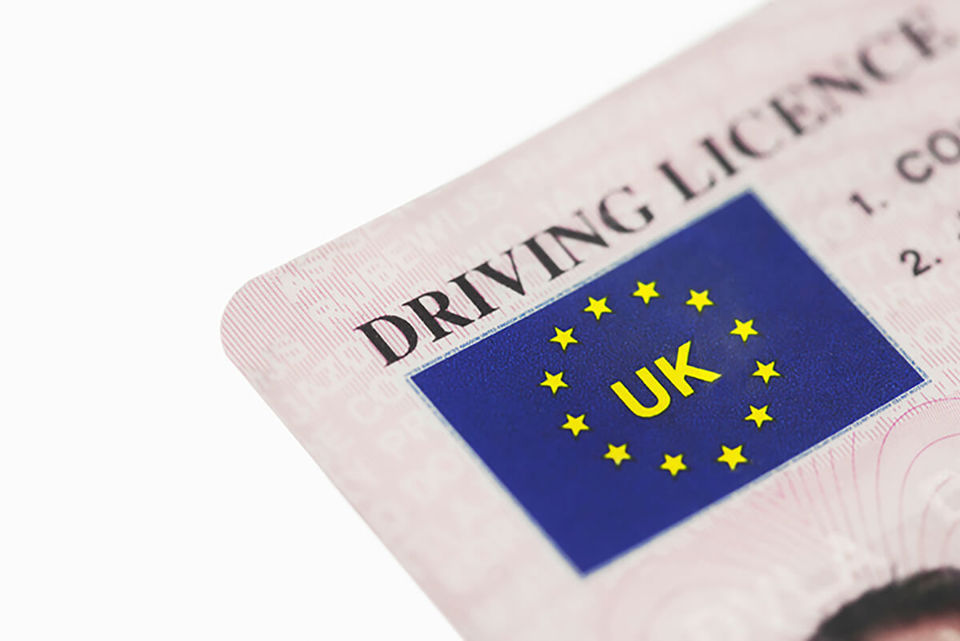No decision has been taken on whether fleets will have to pay to use an online checking service once paper licences are withdrawn.
Senior managers at the Driver and Vehicle Licensing Agency (DVLA) are expected to make a recommendation to Government in the next few days before ministers take the final decision.
Rohan Gye, digital services manager at the DVLA, told delegates at a special seminar hosted by Fleet News and ACFO at Company Car in Action that “all options” were up for consideration.
“We will let you know the outcome of that decision as soon as we are able to, but what I would say is that all options are open to us and that includes whether there will be a fee at all and if there is a fee, what that will be for the type of access,” he said.
However, ACFO has warned that asking fleets to pay for the service could leave exposed many organisations that currently manage their road risk effectively.
ACFO chairman John Pryor said: “Cost is critical. Currently many fleets undertake their own visual checks on employees’ driving licences, which are obviously free of charge.
“Depending on the number of points a driver has, licences may be checked more frequently than once a year. If an employer has to pay each time they access the DVLA site, then considerable costs could mount up, which could result in checks not being made. That would be a retrograde step in terms of employers’ compliance responsibilities.”
The changes are part of the Government’s Red Tape
Challenge to cut bureaucracy and a determination to
digitise more of its public-facing services.
In the DVLA’s case, it has resulted in a new database – the Integrated Enquiries Platform or IEP – which holds 54 million driver records and is capable of handling 500m enquiries a year.
“In terms of the testing that we’ve done so far, we believe we can handle up to 300 real-time enquiries per second and up to 600,000 enquiries per hour,” said Gye.
IEP replaces a legacy system for driver records, built in the 1990s, which was fast approaching the end of its life.
“It’s not fit for purpose for handling the types of enquiries we’re looking at and within the timescales we would want,” said Gye.
“The platform we’ve built is capable of handling a large volume of enquiries through a different number of channels, while also being flexible and adaptable.”
A licence-checking service that uses the IEP will go live to the insurance industry at the end of the month, while individuals can currently use it for free to check their own details.
“We think we’ve built the minimum to support the abolition of the counterpart, which is to provide customers with access to their own records.”
Fleets attending the Company Car in Action debate were given a first glimpse of two online options for corporate checks that the DVLA is currently testing with users.
The first allows the driver to give permission for a third party to access the information on a one-time basis, while the second involves companies registering with the DVLA to be given passwords and adhere to certain strict controls.
However, Malcolm Maycock, managing director of the licence-checking company Licence Bureau, believes the latter would require the DVLA to audit hundreds of
thousands of businesses, something it’s not designed to do (Fleet News, May 29).
He said: “My concern is there are 1.7m businesses in the UK that are going to want access to this data, so that’s 1.7m businesses the DVLA is going to have to vet.”
Concerns have also been raised about the DVLA’s ability to deliver a system before the proposed abolition of the paper counterpart from January 1, 2015.
Gye said: “It’s quite a short time-frame and it’s something we’re actively discussing with the Department for Transport, but the decision in terms of deliverability and whether it will happen at the start of 2015 is solely theirs.”
However, it anticipates the system will be up and running by January 1, 2015.
Gye urged fleets to contact the DVLA with their concerns and their state of readiness and pledged to work with the industry and ACFO in shaping future services.
Pryor concluded: “ACFO remains concerned that the DVLA is up against a very tight deadline if the counterpart to the driving licence is to be abolished by 2015.
“Crucially, we must be assured about site security with drivers’ records only accessible by bona fide organisations that have employees’ permission.”






















Tim Bright - 03/07/2014 13:11
We already pay for the DVLA in taxes, in one form or another, so I feel that employer's licence checks should definitely be free